Flossing: The Crucial Step in Your Oral Health Routine
July 9th, 2024
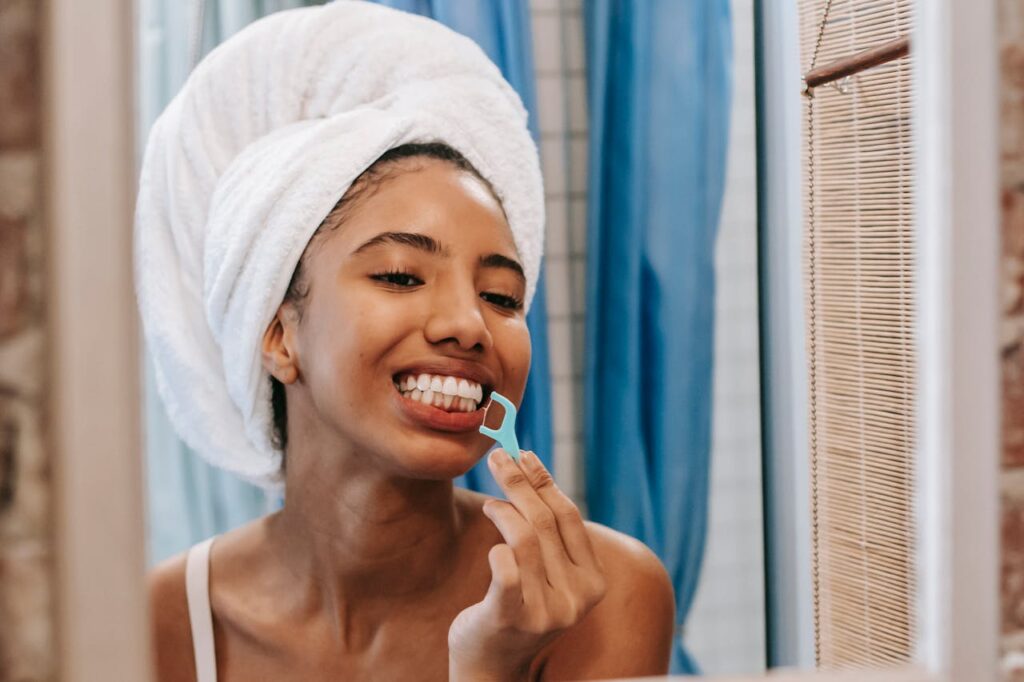
Flossing often takes a backseat in oral hygiene routines, overshadowed by the importance of brushing. However, neglecting to floss can have significant consequences for your oral health. Let's delve into why flossing is not just an optional extra, but an essential step in maintaining a healthy smile.
First and foremost, flossing reaches where brushing can't. While brushing removes plaque and food particles from the surfaces of teeth, it often misses the tight spaces between them and below the gumline. Flossing complements brushing by cleaning these hard-to-reach areas, preventing plaque buildup and reducing the risk of cavities and gum disease.
Second, flossing promotes gum health. When plaque accumulates along the gumline, it can lead to inflammation and irritation, eventually causing gum disease. Regular flossing helps remove plaque from these vulnerable areas, keeping gums healthy and reducing the likelihood of gingivitis and periodontitis.
Third, flossing also plays a crucial role in preventing bad breath. Food particles trapped between teeth can harbor odor-causing bacteria, contributing to halitosis. By removing these particles through flossing, you can maintain fresher breath and improve overall oral hygiene.
Finally, flossing contributes to your overall systemic health. Gum disease has been linked to various health conditions, including heart disease, diabetes, and respiratory infections. By preventing gum disease through regular flossing, you're not just safeguarding your oral health but also reducing the risk of potentially serious health complications.
Flossing is an indispensable component of a comprehensive oral hygiene routine. By incorporating flossing into your daily regimen, you're taking proactive steps to protect your teeth, gums, and overall health. Remember, a few minutes of flossing each day can make a world of difference in preserving your beautiful smile for years to come.
If you have any questions about flossing while in orthodontic treatment please contact our Whitefish Bay, WI office or ask a team member at your next appointment.
Follow us on Facebook, Instagram or X (Twitter) for more helpful orthodontic tips from Dr. Douglas Barden and his team at his Whitefish Bay, WI office.

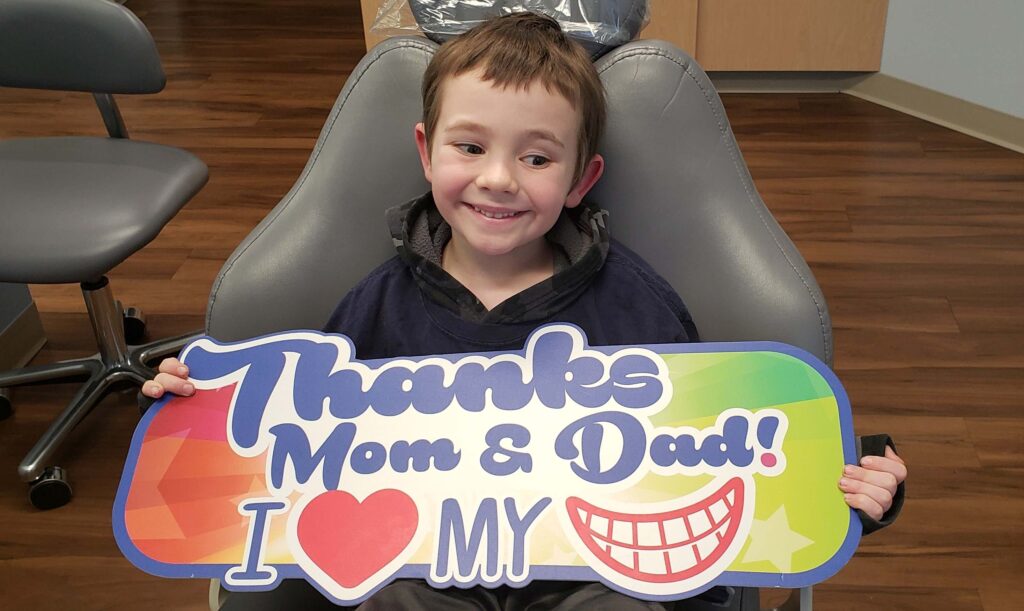

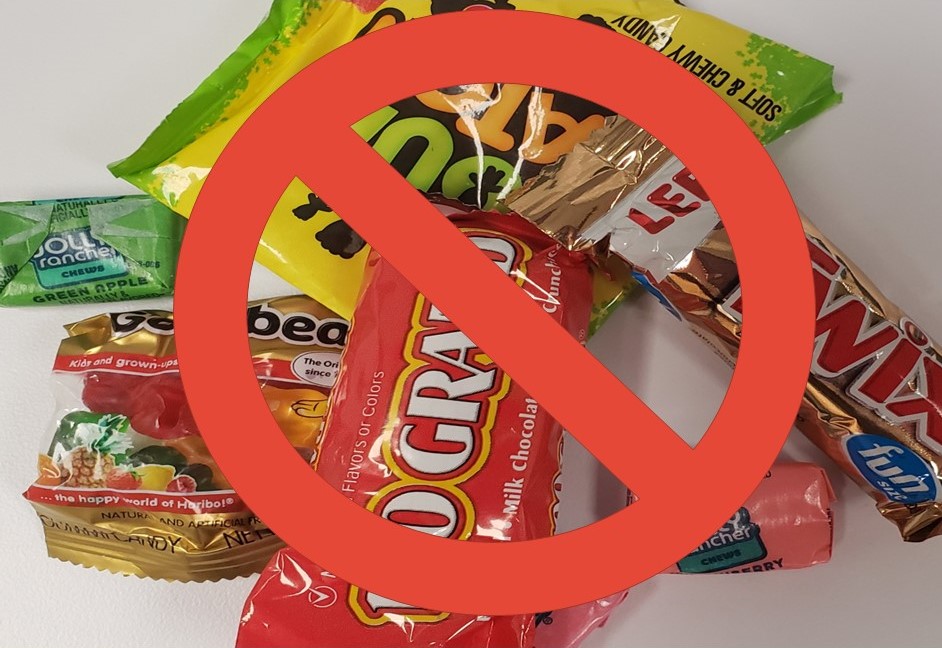



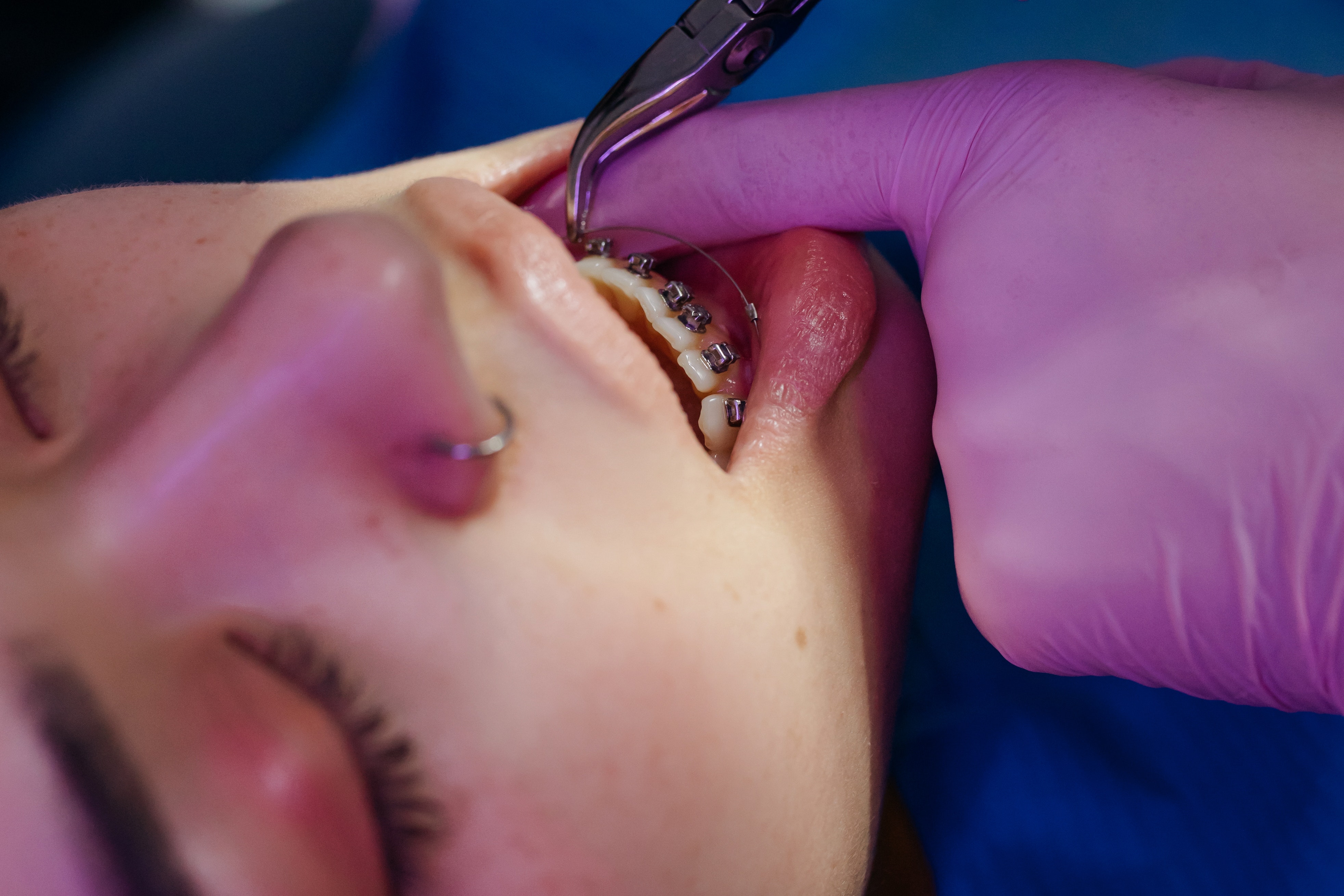

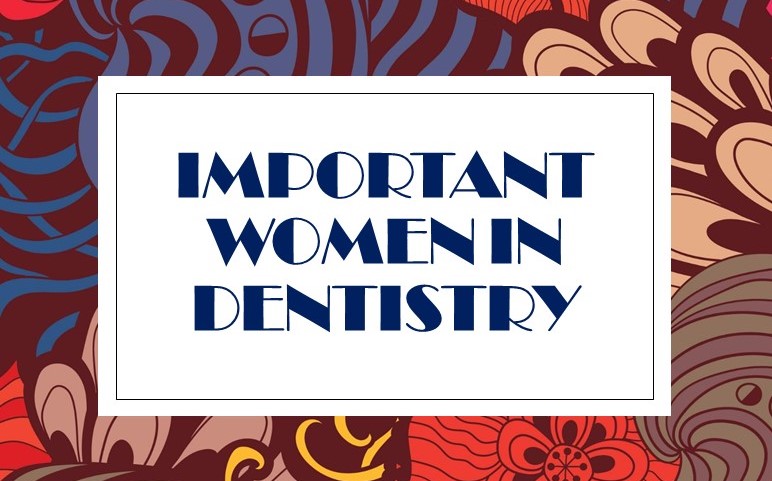















 Website Powered by Sesame 24-7™
Website Powered by Sesame 24-7™